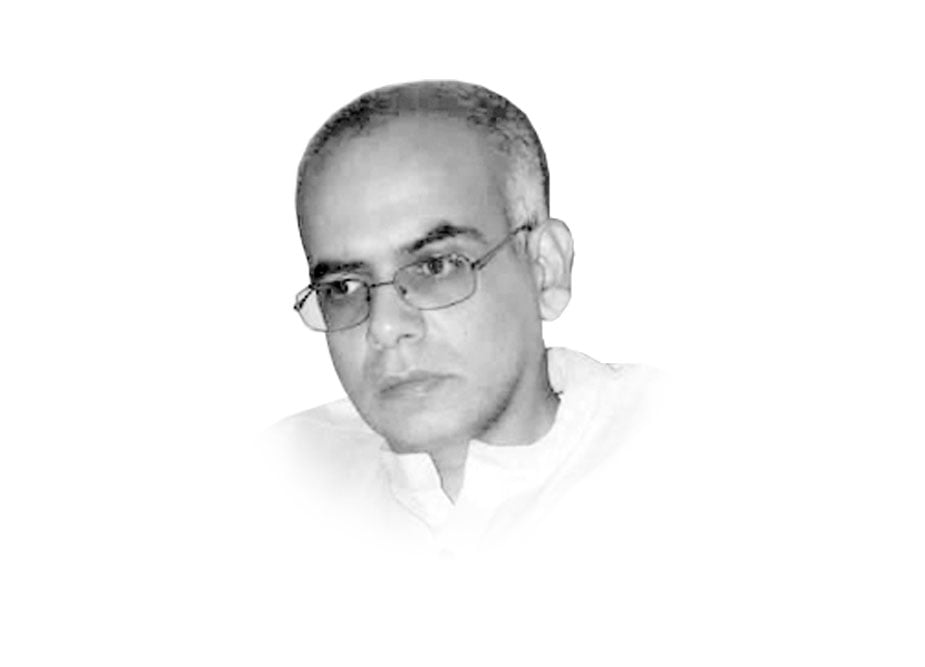
Attacks against American Muslims are, in fact, at peak levels this year, a phenomenon experts say is directly related to the widespread use of Islamophobia rhetoric by politicians during the 2016 campaign season, including Mr Trump’s infamous proposal of the Muslim ban. This volatile rhetoric was bound to have an adverse impact. Reports of anti-Islam discrimination include numerous instances of hate speech, individual cases of violence, and other forms of discrimination such as Muslims being pulled off flights for unclear or unfounded reasons. There is even a spike in religious employment discrimination claims filed by Muslims with the Equal Employment Opportunity Commission.
Apparently, anti-Muslim sentiment has become increasingly partisan within the US. Research by Georgetown’s Bridge Initiative points out how Republicans are more likely than Democrats to express a strongly unfavourable view of Islam. According to a Pew survey in January, half of Americans still said that the next President should be careful not to criticise Islam as a whole when speaking about Islamic extremists. However, four in 10 wanted the next president to speak bluntly about Islamic extremists even if the statements are critical of Islam as a whole. Such blunt talk was preferred by two-thirds of Republicans.
Earlier this year, President Obama criticised the Republican Senator, Ted Cruz, when he was still a presidential hopeful, for his proposal to empower law enforcement to “patrol and secure Muslim neighbourhoods”. The negative implications of surveillance, and implied practices such as racial profiling, have a troubling history in the US, with African American communities continuing to face the brunt of this phenomenon. Yet, the religious and racial profiling of Muslims has also become an issue of growing concern over the past 15 years as well. Besides surveillance by the authorities, the growing calls for Muslim self-surveillance are no less problematic.
It is distressing to note that Democrats too have begun advocating the need for Muslim self-surveillance. A White House strategy paper back in 2011 had suggested partnering with Muslims communities to counter radicalisation, but this move did not get much public attention. It was President Obama’s call to Muslims communities to be more vigilant after the San Bernardino attack perpetrated by an American born Muslim and his Pakistani wife, which caused significant distress. It even led some America Muslims leaders to question American leaders did not ask Christian churches to police themselves for white supremacists after the shooting of nine African Americans in South Carolina in June, 2015. However, the idea of Muslim self-surveillance has not been set aside. Bill Clinton, during his speech to the Democratic National Convention back in July problematically asserted that “If you’re a Muslim and you love America and freedom and you hate terror, stay here and help us win… ”
During the recent second presidential debate, an American-Muslim woman asked both presidential candidates about what they will do to combat Islamophobia. While Trump bluntly said that “Muslims have to report the problems when they see them,” what Hillary Clinton said was not too different, when she urged American Muslims to become “our eyes and ears”. In the final presidential debate, Hillary Clinton again said Muslims in the US are “on the frontline of our defence”. Does she not realise how problematic that framing is?
Such recent developments have led to the justifiable fear that the current vitriol surrounding the current presidential race will not automatically dissipate after the election. It remains to be seen, however, how the prevailing Islamophobia will intersect with the bipartisan consensus on the need for self-surveillance, which in turn has the problematic possibility of shifting blame on the larger American-Muslim community for being unable to prevent terrorism or radicalisation. Self-surveillance also raises questions about who out of the ethnically, ideologically and culturally diverse American-Muslims community, should be representing American-Muslims and their concerns, in its dealings with the next US government.
Published in The Express Tribune, October 28th, 2016.
Like Opinion & Editorial on Facebook, follow @ETOpEd on Twitter to receive all updates on all our daily pieces.`













COMMENTS (2)
Comments are moderated and generally will be posted if they are on-topic and not abusive.
For more information, please see our Comments FAQ